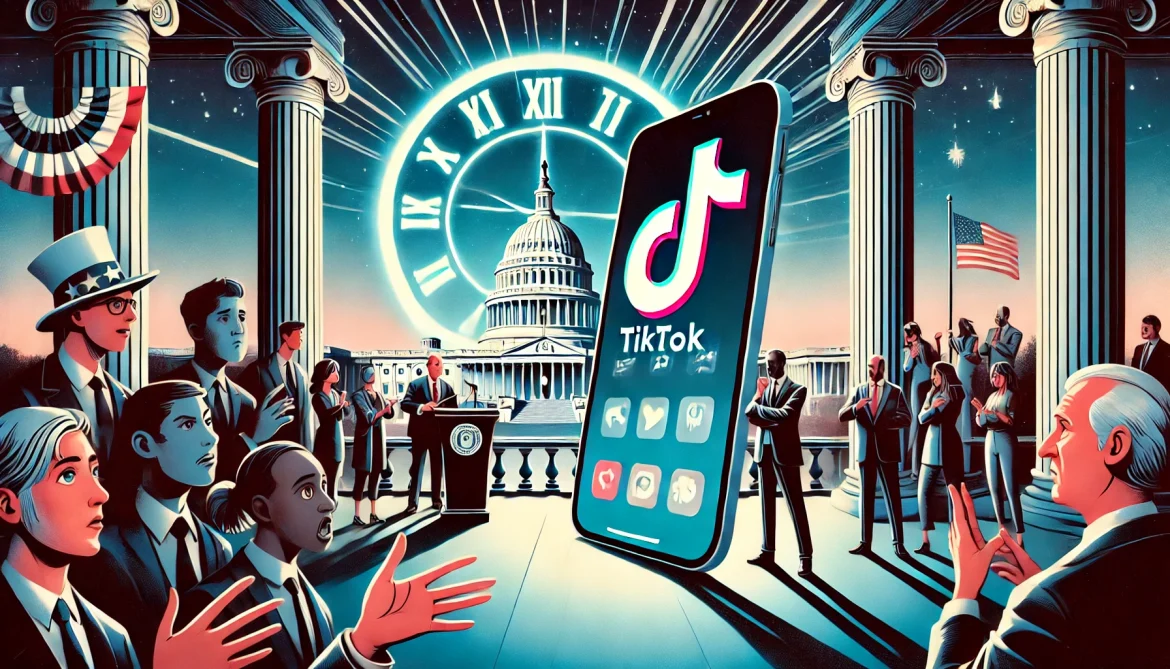Members of Congress introduce a bill seeking to delay the implementation of a ban on the popular social media platform TikTok, which is currently set to go into effect on January 19. The proposed legislation would extend the deadline by 270 days, allowing the app to remain operational while addressing national security concerns.
Massachusetts Senator Ed Markey, a co-sponsor of the bill, argues that the current timeline is rushed and does not fully account for the implications of banning an app used by 170 million Americans. “We must ensure any action taken is thoughtful and fair, protecting users while addressing legitimate security risks,” Markey states. He emphasizes that while TikTok’s ownership by Chinese company ByteDance raises concerns, the platform should be given sufficient time to divest its U.S. operations.
The proposed delay is designed to provide TikTok and ByteDance with an opportunity to negotiate a sale or restructuring that would satisfy U.S. security requirements. Lawmakers supporting the bill stress that a balanced approach is necessary to safeguard both national interests and the livelihoods of content creators and businesses reliant on the platform.
Opponents of the delay, however, argue that extending the timeline could exacerbate security risks. They point to reports alleging TikTok’s potential to share user data with the Chinese government, claims the company has repeatedly denied. These concerns have driven bipartisan support for stricter action, including the outright ban scheduled for later this month.
The proposed bill has sparked debates about the intersection of national security, free speech, and economic impact. Advocacy groups for digital rights caution against rushed bans, warning of the potential for overreach and unintended consequences. Meanwhile, TikTok influencers and small businesses continue to voice concerns over the ban’s effects on their livelihoods.
If passed, the delay would provide lawmakers, regulators, and TikTok with additional time to work toward a resolution that addresses security concerns while minimizing disruptions for users and businesses. As the January 19 deadline looms, the future of TikTok in the United States hangs in the balance.



